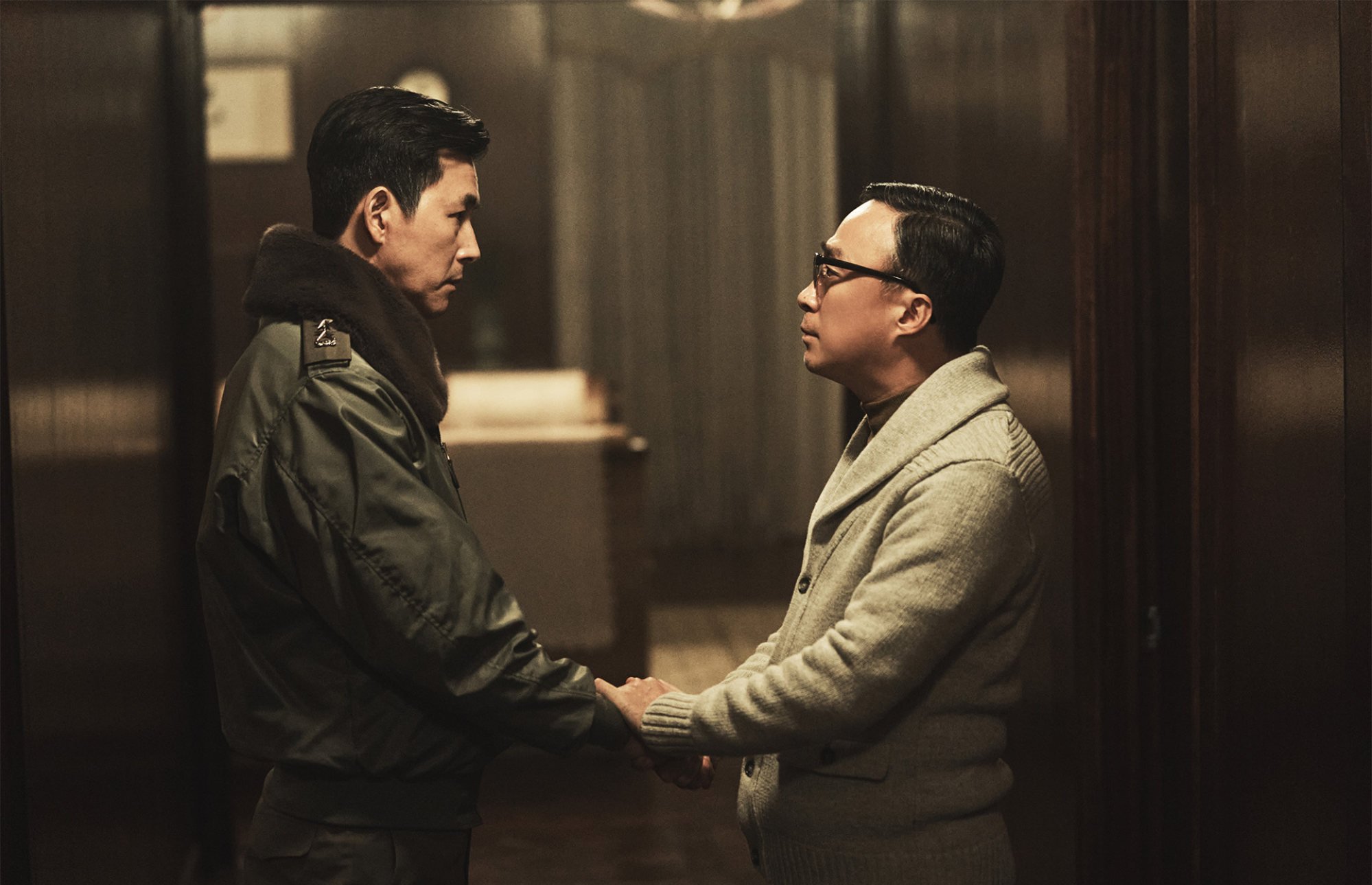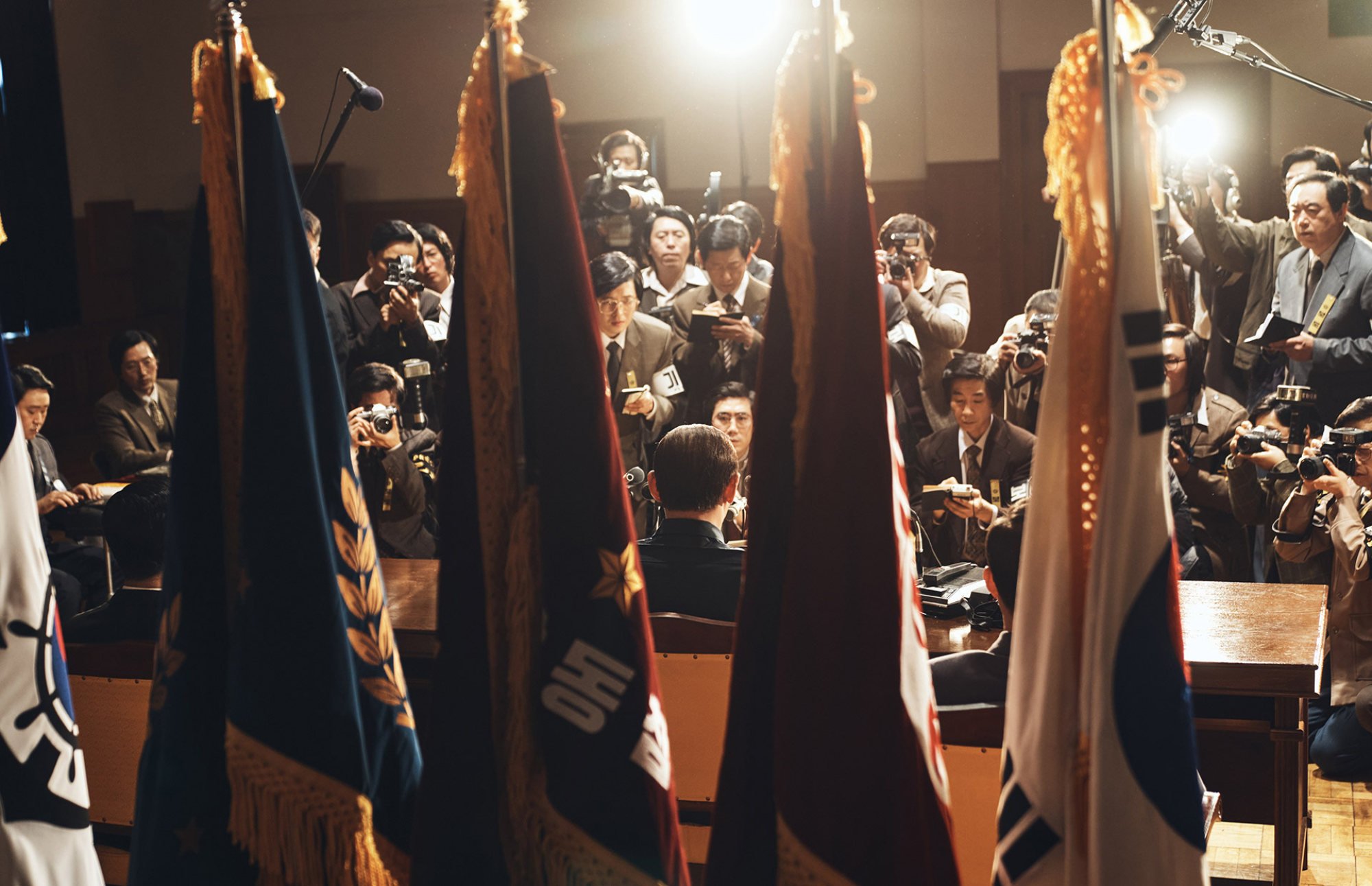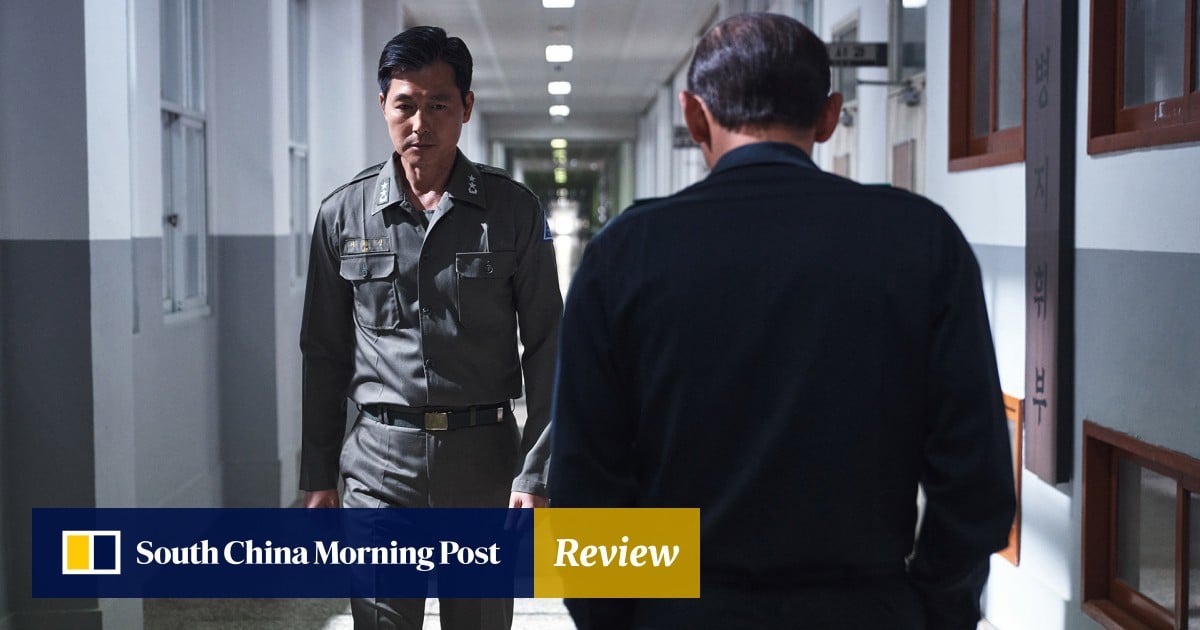4/5 stars
Embodying one of the most notorious villains in Korean history, Hwang Jung-min gives a ferocious performance in Kim Sung-su’s political blockbuster 12.12: The Day.
Dramatising one of the darkest days in the nation’s recent past, the star-studded film details the apocalyptic events that followed the assassination of President Park Chung-hee in October 1979.
Instead of ushering in a “Seoul Spring” of hopeful change, a stand-off between senior politicians and military leaders culminated in the coup d’état of December 12, as Major General Chun Doo-hwan seized power and steered the country into its darkest chapter to date.
Real names have been tweaked slightly in Kim’s otherwise faithful retelling, which became the biggest domestic hit of 2023 in South Korea.

Films until now have tended to skirt around the coup d’état itself, but Kim’s frenetic re-enactment presents a whistle-stop account of Chun’s vicious power grab, barely pausing long enough for those unfamiliar with the facts to keep up.
Standing in Chun’s path is Jung Woo-sung’s stoic, unwavering commander of the Capital Garrison Command Lee Tae-shin (based on Jang Tae-wan). As overseer of Seoul’s military security, Lee sees his authority and workforce evaporate as Chun strong-arms the nation’s leadership to fall in line behind him.
What started out as an investigation into President Park’s murder swiftly turns into a witch hunt spearheaded by Chun’s military police force, who remove potential opponents from office and coerce those that remain into supporting his push for total control of the military, and by extension, the country.

Kim is no stranger to directing films of this scale, having previously worked on the period epic Musa the Warrior (2001) and pandemic disaster movie The Flu (2013), but it is his experience crafting densely populated crime thrillers like Asura: The City of Madness (2016) that have best informed his approach here.
Chun’s unquenchable thirst, intimidation of adversaries, and vitriolic displays of grandstanding machismo more readily recall the operatics of the gangster genre, with all the prerequisite stand-offs, screaming matches and desperate pulling of rank one might expect in such an unashamedly male-centric environment.
Most chilling of all, however, is the foreknowledge of what Chun would unleash on the country he claimed so vehemently to love during his seven-year reign of terror.

